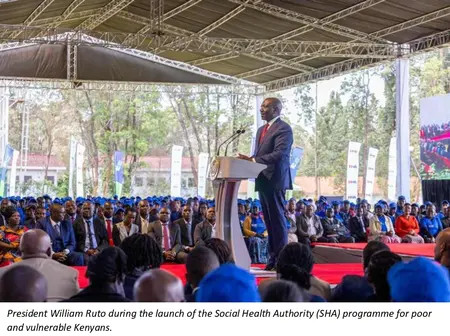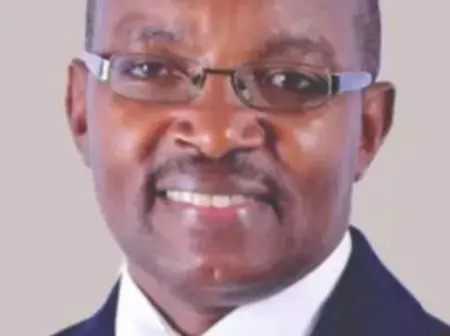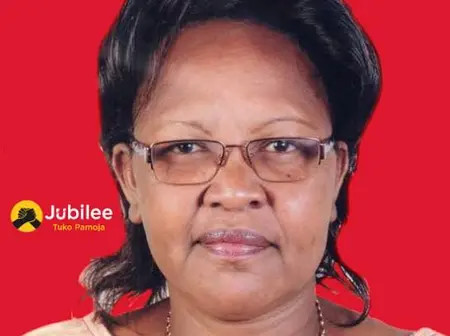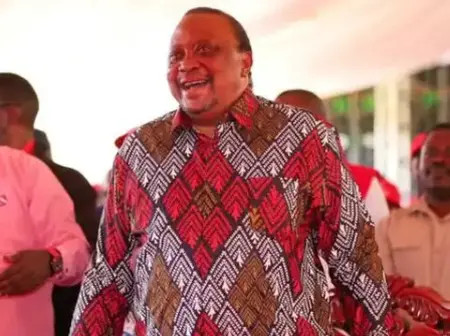
President William Ruto has launched a new health coverage scheme under the Social Health Authority (SHA), targeting poor and vulnerable households across the country. The plan is meant to ease the burden of healthcare costs by covering millions of Kenyans who cannot afford medical bills, including orphans, widows, people living with disabilities, and indigent families.
On the other hand, the launch has already drawn harsh criticism. Medical experts and policy analysts claim that it was hurried and might have been illegal. The Social Health Act 2023 mandates that before such a program can begin, funds for vulnerable households must be provided by the National Treasury and county governments. There are concerns about how the program will actually operate because no money has been set aside and no definitive list of beneficiaries has been created, according to critics.
According to RUPHA chairperson Brian Lishenga, the law also demands a proper “means testing” process to determine who qualifies as indigent or vulnerable. Since this step has not been completed, it is uncertain how the most vulnerable will be identified. He warned that without proper allocations from Parliament and counties, the scheme risks becoming unsustainable.
President Ruto, on the other hand, praised Kenyans of goodwill, from MPs to donors, who have already stepped up to sponsor thousands of households. He emphasized that a minimum of 9,000 hospitals have received SHA accreditation and pledged that no Kenyan would be left behind.
While the initiative sounds noble, it raises a bigger question: can goodwill alone fund universal health coverage, or must Parliament and counties first fulfill their legal role to ensure that the poorest Kenyans are not left out?
Do you think Ruto’s SHA program can really help Kenya’s poor, or is it just goodwill without a budget? Share your thoughts below.
https://www.standardmedia.co.ke/health/health-science/article/2001530043/healthcare-stakeholders-question-rutos-sha-sponsorship-approach




